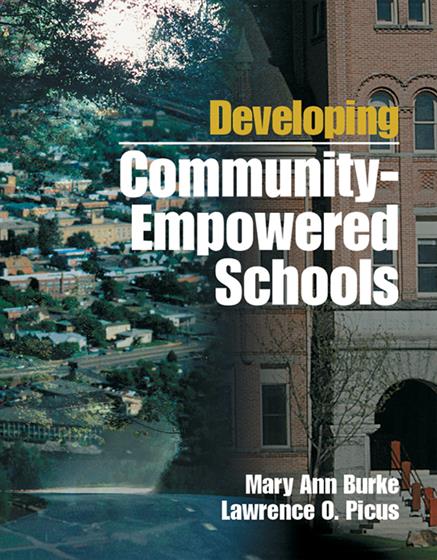Hands-on, Practical Guidance for Educators
From math,
literacy, science, equity, multilingual learners, and SEL, to assessment, school counseling,
and education leadership, our books are research-based and authored by experts
on topics most relevant to what educators are facing today.

Developing Community-Empowered Schools
First Edition
Create environments for learning through school-community partnerships!
Drawing from their twenty years of experience working with parents, community volunteers, teachers, and school site administrators, the authors present a concise, easy-to-understand approach to building and working with these powerful alliances. Highlights include:
- Defining community-empowered schools
- Assessing your school's strengths and weaknesses
- Identifying stakeholders and their roles
- Establishing policies and procedures that support school and community partnerships
- Empowering and training staff for effective school and community partnerships
- Recruiting and training volunteers
- Creating a family literacy program
- Building community collaborations for added resources
- Viewing schools as economic solutions to communities
- Examining the future of community-empowered schools
Product Details
- Grade Level: PreK-12
- ISBN: 9780761977902
- Published By: Corwin
- Year: 2001
- Page Count: 128
- Publication date: March 12, 2001
Review Copies
This book is not available as a review copy.



